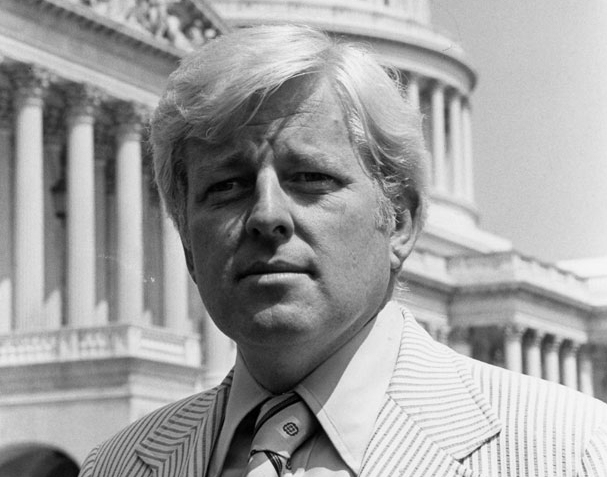Charles D. Ferris, a prominent figure in the realm of communication law and policy and a committed champion of deregulation at the Federal Communications Commission (FCC), passed away at the age of 90. Throughout his illustrious career, Ferris left a significant impact on the media landscape and played a pivotal role in shaping pivotal communication regulations and setting the stage for media as we know it today.
Born and raised in Burlington, Vermont, Ferris attended Boston College and later earned his law degree from Boston College Law School. Early in his career, he served as legislative counsel to his home state Senator, Patrick Leahy. Ferris’ legal acumen, quick wit, and commitment to public service were commended, and in 1977, President Jimmy Carter appointed him to chair the FCC.
Ferris’ tenure at the FCC was marked by a powerful conviction in the potential of market mechanisms to deliver quality communication services. He believed that the agency’s mission was not to protect any particular industry, but to uphold the public interest by fostering competition. In keeping with this philosophy, Ferris undertook to deregulate significant segments of the communications industry.
One of his most notable achievements was overseeing the deregulation of cable television. The step was initially met with resistance but eventually proved to be a game-changer, setting the stage for the rise of cable networks and the diversification of television programming.
Ferris was also instrumental in promoting competition in the long-distance telephone market. His policies paved the way for lower prices and enhanced service quality, benefiting consumers across the nation. He also supported the early expansion of cellular telephony, setting the groundwork for the wireless revolution that shapes our world today.
Despite his firm belief in market forces, Ferris emphasized the importance of regulatory oversight to ensure fair competition and to safeguard consumers. He often spoke out about the need to balance deregulation with adequate protections for consumers and smaller businesses that could be marginalized by larger corporations.
His advocacy for deregulation and belief in the power of innovation made him one of the most consequential leaders in the FCC’s history. Ferris’ policies reflected a profound understanding of changing technological landscapes and a bold vision for the future of communication. These policies and initiatives have deeply influenced the shape of the modern telecommunications industry.
Following his stint at the FCC, Ferris continued to shape communications policy through his work as a communications attorney. He founded the Washington D.C. law firm Ferris, Trigg, and Adelman, where he successfully advised both domestic and international clients in the ever-evolving field of telecommunications.
In his later years, he remained an influential voice within the communications policy landscape, sharing his insights and expertise through numerous speeches and publications. His influence was consistently acknowledged, and he received numerous awards for his contributions to the field.
In a nutshell, Charles D. Ferris’ work as a champion of deregulation at the FCC has profoundly influenced the way we communicate, access information, and consume entertainment today. His death marks the end of an era, but his legacy will endure, shaping the foundations of telecommunications for future generations. His vision, tenacity, and unwavering commitment to public service are worthy of our deepest respect and gratitude.











